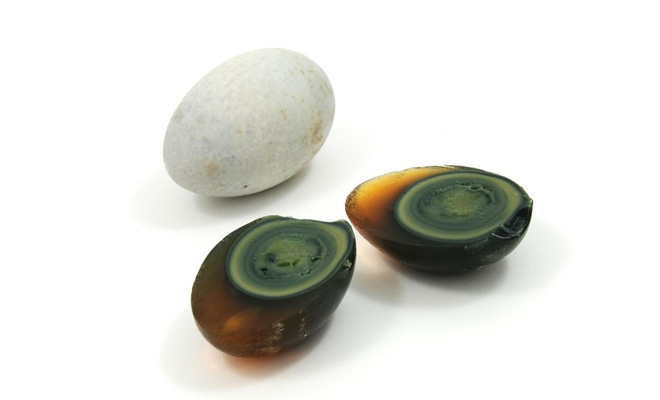
Health x Wellness
Good Eats Not! – The Truth About Century Eggs
Here’s a more in depth article on how century eggs are made, following our recent post on The Active Age Facebook page.
Apparently, these eggs have existed for centuries, hence the name, with their accidental discovery dating back to the Ming Dynasty in China. A resident of the Hunan province supposedly discovered duck eggs left in a pool of slaked lime and decided to try them.
But what are these greenish-grey coloured eggs actually? Can they be eaten? Basically, century eggs are preserved eggs, with the process taking anywhere from a few weeks to a few months, and involves soaking eggs in a saline solution, in which duck, quail or chicken eggs can be used. The solution usually consists of clay and salt, but can also include baking soda, quicklime and rice hulls. This solution causes the yolk of the eggs to take on a creamy texture, and turns the white into a dark-coloured jelly. Contrary to popular belief, the belief that these eggs are made by soaking them in horse urine is false, even though they exude a pungent smell.
Although century eggs are not soaked in horse urine, recent reports from China have indicated that some 30 companies have been shut down for using industrial copper sulphate, a toxic chemical, to reduce the processing time, and it will be wise to avoid them at all costs as industrial copper sulphate contains toxic heavy metals such as arsenic, lead and cadmium, which makes eating a century egg preserved in urine a safer alternative, not that we’re suggesting it.









